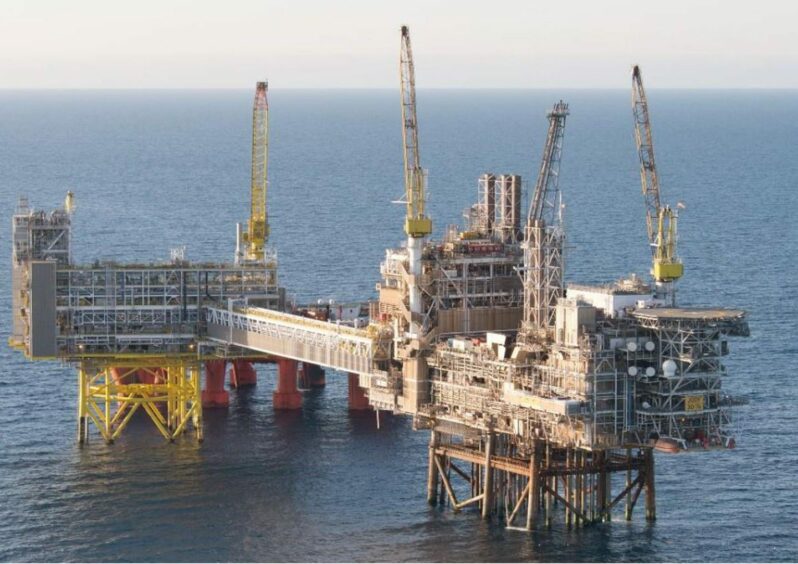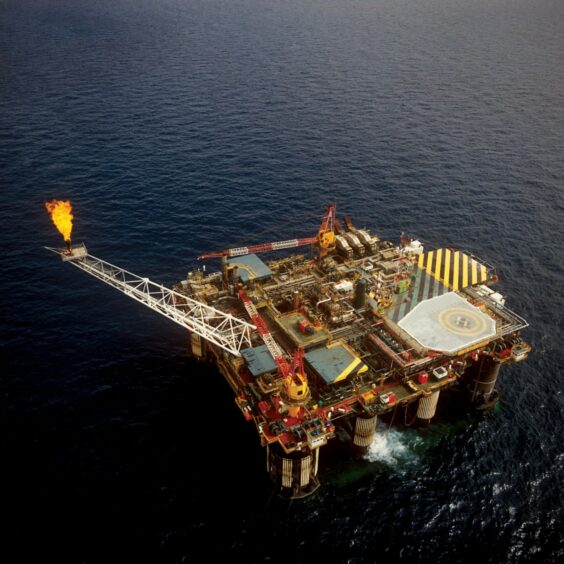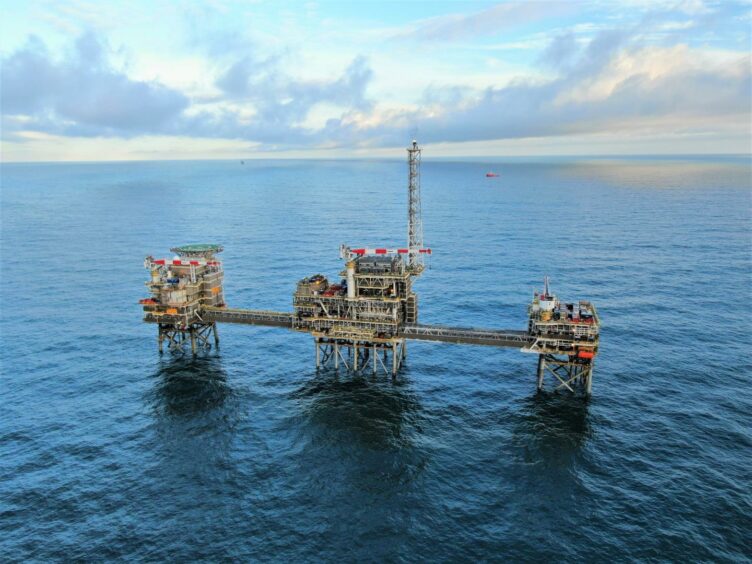
An American credit rating agency has named Ithaca Energy as the operator likely to be hit hardest by the UK Government’s oil and gas windfall tax.
Harbour Energy (LON: HBR) tops the list of medium-sized oil companies, according to Fitch Group, due to its high exposure to the North Sea.
But the New York-headquartered company says the “highly diversified operations” of majors means the impact of the levy on them will be minimal.
Rishi Sunak unveiled plans on Thursday to introduce a 25% surcharge on the profits of UK oil and gas companies.
The Chancellor’s controversial measure includes an investment allowance of 80%, reducing the tax if companies invest in exploration and production.
READ: Industry slams oil and gas windfall tax which will send ‘shockwaves for years to come’
Current plans are for the levy to be phased out once commodity prices return to “normal”, with a sunset clause effective at the end of 2025.
It is hoped the levy will raise £5 billion in 2022, that will go to helping to alleviate the impact of soaring energy bills on households.
Despite the levy, Fitch expects oil and gas companies to post strong earnings and increase their significant cash reserves in 2022 due to high prices.
That will give companies the ability to absorb the new levy without pressure on their credit ratings.
Ithaca Energy will be the most affected by the levy among Fitch-rated companies, the group said, as its entire oil and gas portfolio operates in the UK North Sea.
The company does benefit from its strong cash position and low leverage profile, boosting its “financial headroom”.
Overall the medium-term impact of the new levy is expected to be “tempered” by the investment allowance mechanism.
Medium-sized oil and gas companies will be less affected due to their greater geographic diversification, Fitch Group said.
Harbour Energy is most exposed in this group as about 90% of its current production is located in the UK North Sea, but the company has “sufficient headroom” to absorb the levy.
Other producers in this category have a much lower share of production coming from the UK, including Neptune Energy (12%) and Energean (2%).
Fitch Group said: “The impact of the levy on oil and gas majors will be minimal due to their highly diversified operations, income streams coming from various sectors other than oil and gas extraction and strong credit metrics.
“About 5% of BP’s consolidated production is based in the UK. We estimate that the levy will account for less than 2% of its EBITDA in 2022 (as adjusted by Fitch and excluding the mitigating impact of the investment allowance).
“Similarly, the UK accounts for 8% and 3% of consolidated production for TotalEnergies and Shell, respectively, with the share of the windfall tax for each estimated at a low-single-digit percentage of EBITDA.”
Recommended for you


 © PA
© PA © Supplied by Petrofac
© Supplied by Petrofac © Supplied by OGUK
© Supplied by OGUK